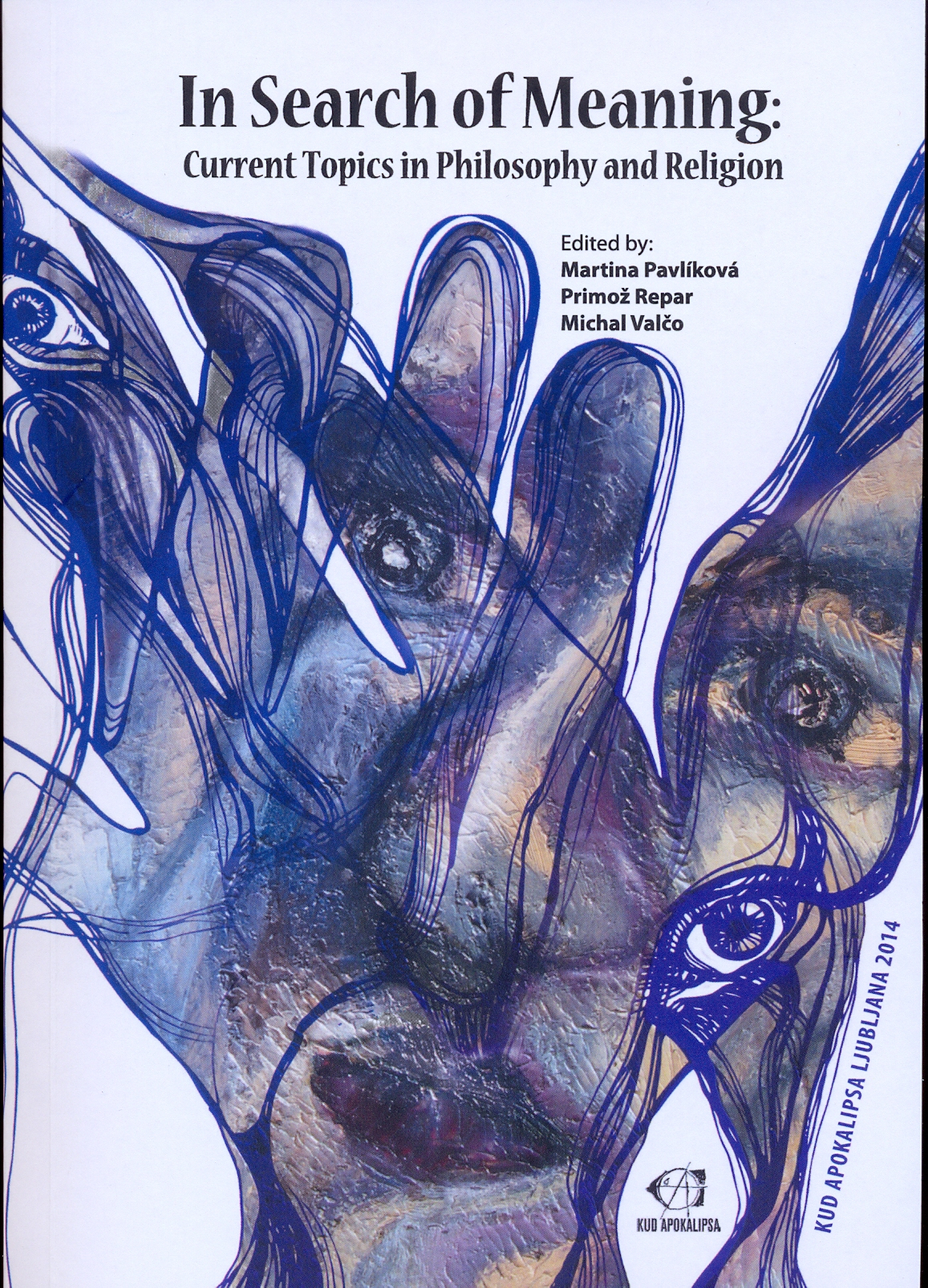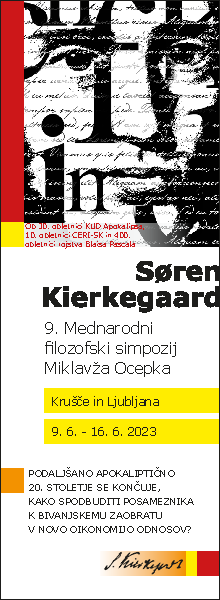
The search for meaning is a topic that is increasingly more relevant in today's world, a world that is increasingly emptied of meaning. We have had the traumatic experience of the Holocaust, which pervades the history of the 20th century. The Slovenian contribution to the present pro-ceedings reveals the thought of Andrej Gosar, a great searcher of meaning and a social visionary, too, who lived in the Slovenian space between the two World Wars, which was designed by Christian social activism in social terms, and which looked for a third way between socialism and capitalism. An essential dimension of this third way is spiritual intentionality, in terms of an individual’s personal transcendence, that is, the inner path to God as Absolutely Other. Only in the human ‘inner self’ can the Kingdom of God be realized on Earth, believes Andrej Gosar.
The comprehensive social vision of Andrej Gosar is very intriguing today, not only for Slovenia, but it is an especially challenging opportunity in Central Europe, where there is also a strong specific Christian tradition and the common mentality of centuries of cultural and political coexistence.
Even the experience of communist totalitarianism is what deepens our experience for the future. It is the bitterest experience of suffering but, paradoxically, it may also be the most inspiring and encouraging experience for the internal being of man.
Andrej Gosar's work in Slovenia was torn from almost seventy years of silence. Walls that stood for decades bet-ween the geographical and spiritual landscapes may have fallen, but their menacing shadows still haunt the human soul. Ideological concepts have changed consumer non-ideology, which corresponds to human indifference and the absence of effect at the suffering of another. Old walls have been replaced by cell isolation; sometimes it seems even self-isolation of human being.
This contribution is our small attempt to overcome this fear in order to connect the new dialogue, which will cross both geographic and spiritual limits, and contribute to a new understanding in the new Europe. This new Europe does not accept the absurdity of the post-modern ideological world, a ‘less and less golden age’ of Europe.
Primož Repar



